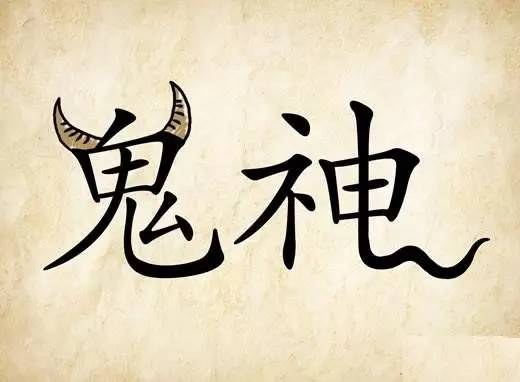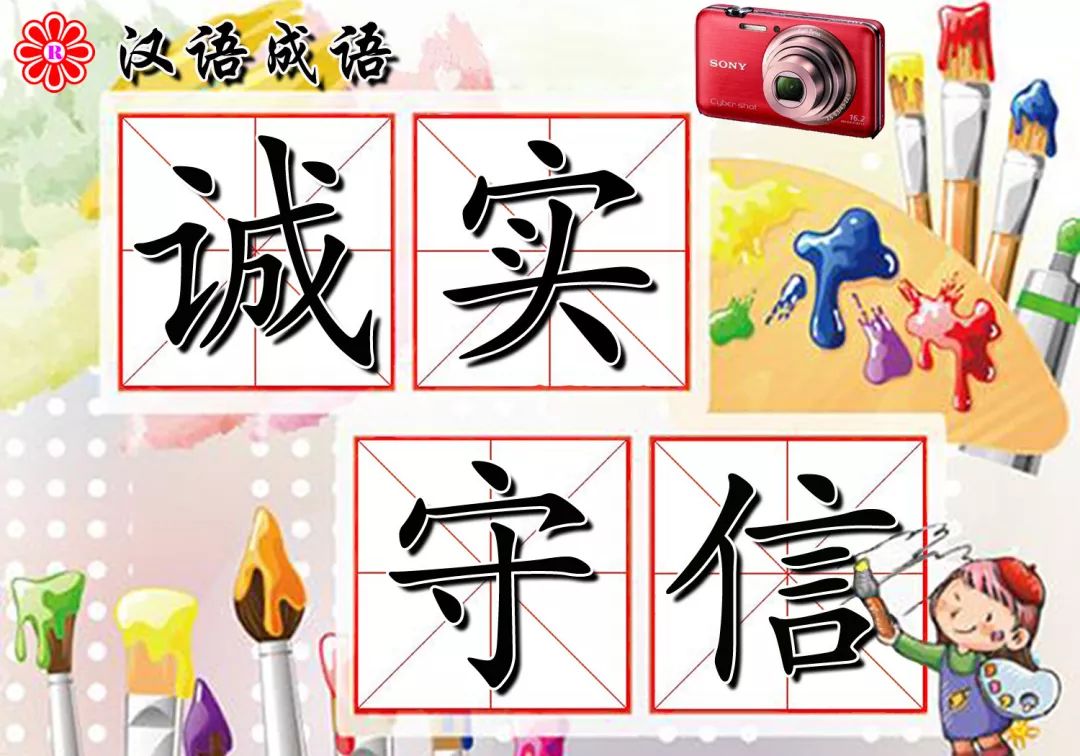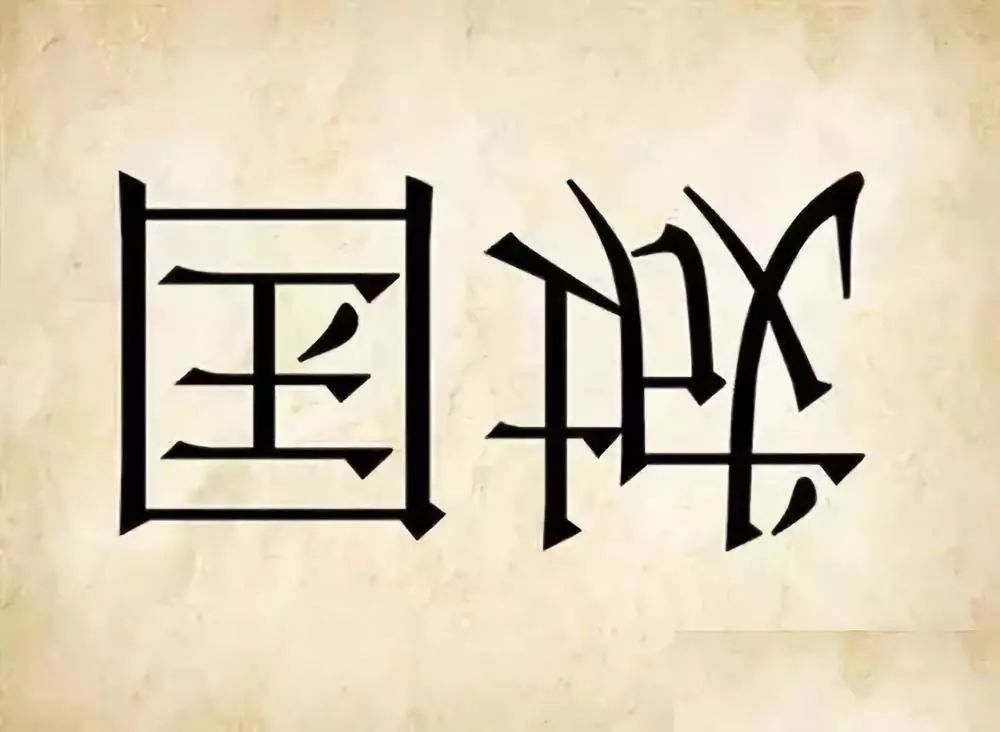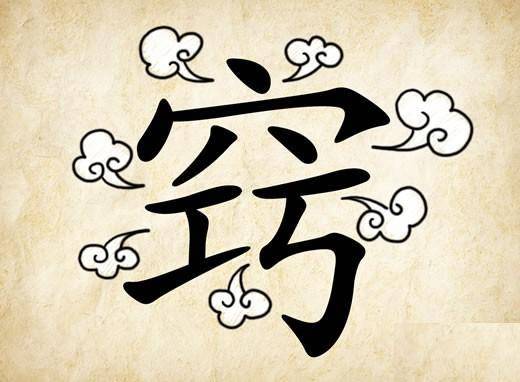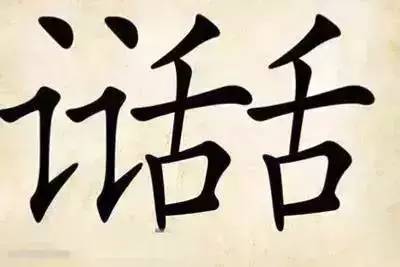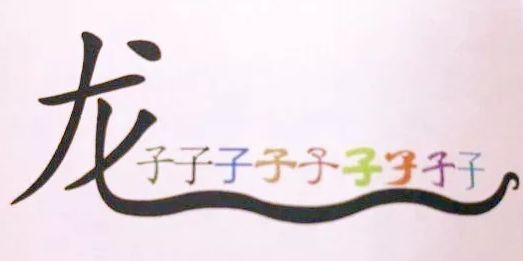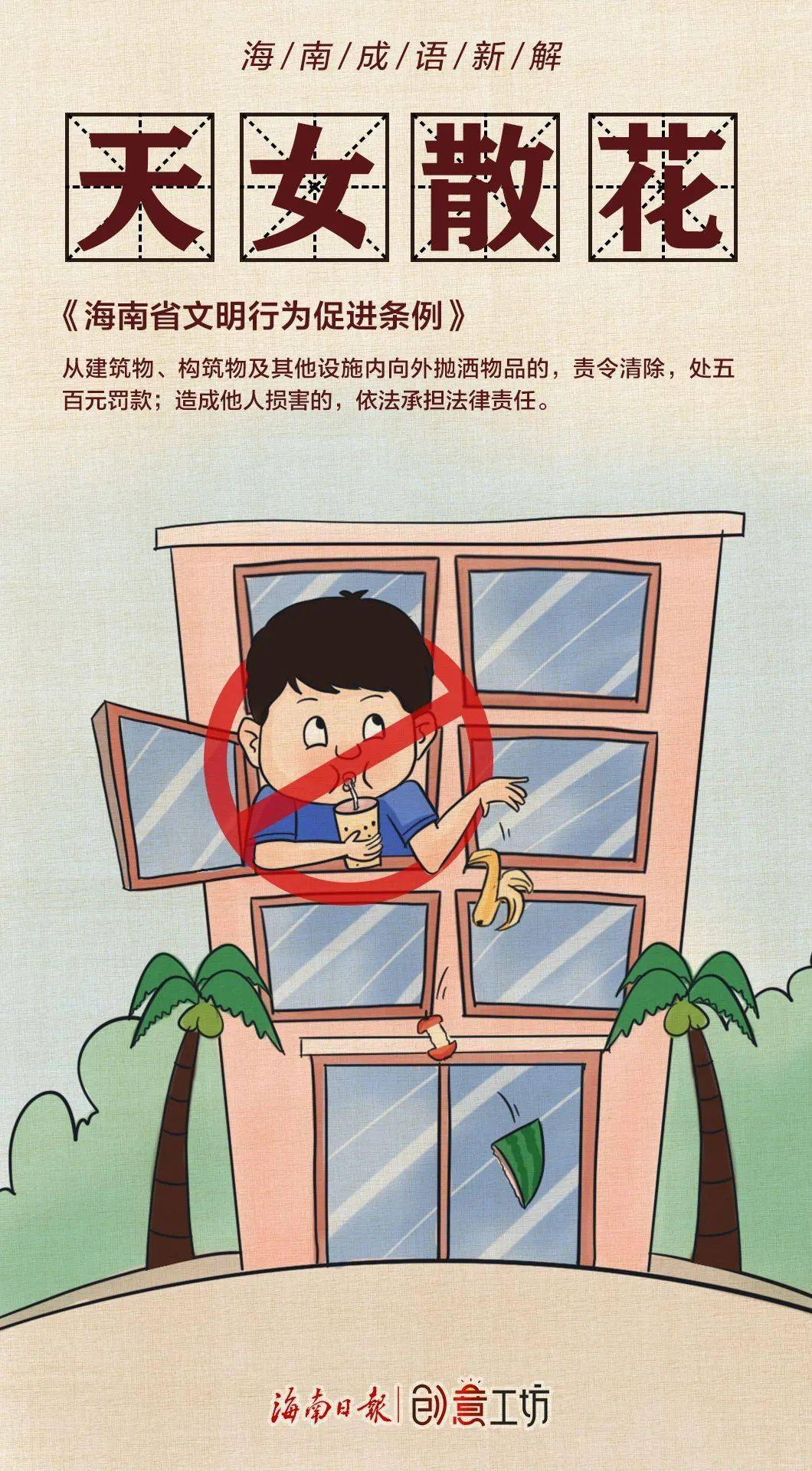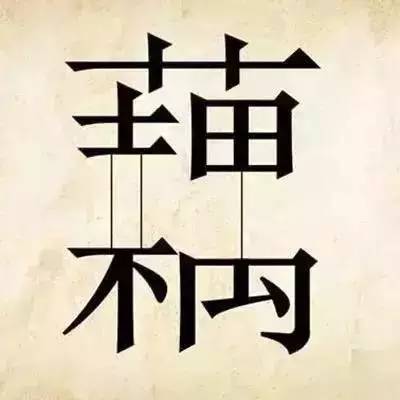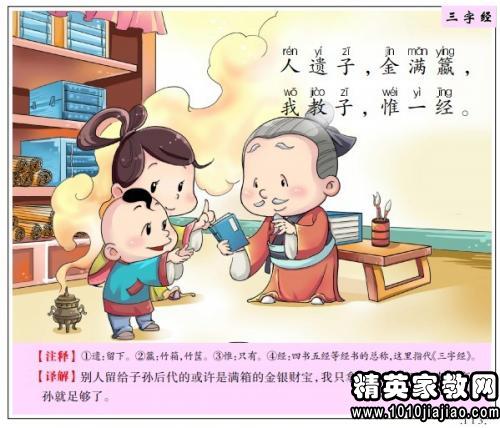成语趁什么落蓬_成语故事简笔画
大家猜成语
2022-11-26 22:32
比较典故成语 趁人之危 趁火打劫 落井下石
急,看看这图的是什么成语
今天我领声 其实, 呆若木鸡 最初是个绝好的褒义词...
今天鬼节 泰州人切记要这么做,不该这么做 今晚只能帮你到这里了
球球你,做个诚信的人叭
妹子,你结婚怎么还亲自开车,准备穿着婚纱逃婚么
谈写作丨成语,用对地方是妙笔,用错地方是垃圾
补习成语的又来了
30个最简单的看图猜成语 快和孩子一起猜一猜吧,看能猜中多少个
看图猜成语 12个题,小学生做对9个 成人却不会
成语千虑一得mp3
轻松一刻丨这里有道脑洞题 20个看图猜成语,看看你能答对几题
看图猜成语蛇和北斗七星答案是什么 图文攻略 高分攻略 百度攻略
炒菜半小时 吸1包烟 厨房的几大健康杀手,第一个你就忽略了....
落地为安 是不是成语
崖州人 明年1月1日起,这些不文明行为将被罚
看图猜成语 我都答对了,你能答对几个
雪月风花的成语解释
关于主观的成语大全
成语玩命猜攻略 全新益智趣味成语游戏答案 图文攻略 全通关攻略 高分攻略 百度攻略
成语玩命猜iphone版37 2答案
上一篇:刻翠裁什么成语_带翠字的成语
下一篇:成语拨乱济什么_成语故事简笔画



